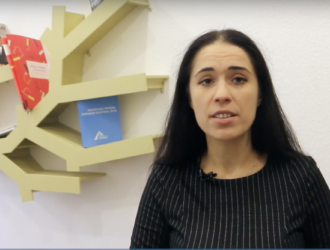Subscribe for Newsletter
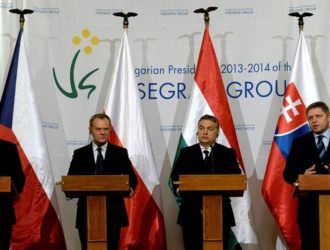
Abstract Current relations between Ukraine and Visegrad Four states in the security domain are in stagnation. Even if existing obstacles are removed, there is no clear vision of possible cooperation topics and joint projects to be implemented. Cooperation within NATO and EU frameworks are perceived as the most potential, including Ukraine joining PESCO projects, building […]

Foreign policy did not become a top priority during either the presidential or the parliamentary election in Ukraine in 2019. With the focus on European and Euroatlantic integration debate, all other burning issues, such as relations with neighbours, building up international support against Russian aggression, relations with diaspora, and promotion of the Ukrainian image abroad, […]
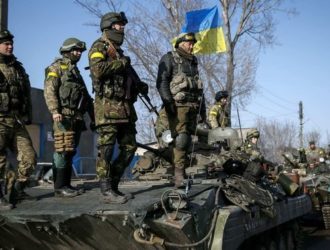
After the 2019 presidential elections in Ukraine, new efforts to reset negotiations regarding Donbas conflict resolution have been taking place. The main problem of the current state of affairs lies in the field of different approaches towards the negotiations demonstrated by Russia, on the one hand, and Ukraine, on the other. Intensification of attempts to […]

While having benefited from both conventional and new media during the election campaign, the new team in power had a rough start with some segments of the media and NGO community once elected. The part of the new government that is responsible for media-related policies is comprised of media professionals with extensive background in the […]

The new government’s programme includes ambitious but realistic goals and fills in the gaps of the presidential and parliamentary election campaigns. The Servant of the People Party in the parliament demonstrates tentative signs of absence of firmness, after a couple of months of having supported all initiatives without reservations. For achieving fast and tangible results […]
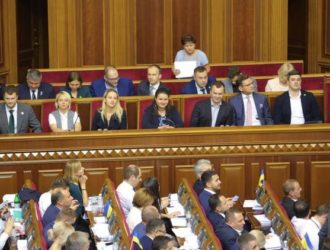
While too vague during the electoral campaigns period, the European integration track became more clear and nuanced with the new government coming into office in September 2019. The programme of Oleksiy Honcharuk’s government has a special chapter devoted to the issues of rapprochement with the EU and NATO. In some parts, it echoes the initiatives […]

Ukraine is rightly considered to be a country with a vibrant civil society and numerous non-governmental organisations (NGOs) and civil society organisations (CSOs) that push various agendas. However, the daunting task of bringing reforms to many domains inevitably raises the questions of prioritising, effectiveness, alliance-building, and competition. Presidential and parliamentary elections of 2019 led to […]
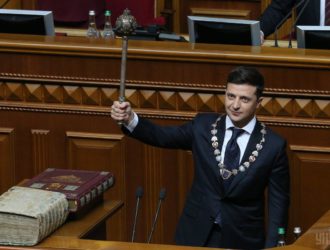
After the presidential and parliamentary elections, Ukraine is believed to have obtained a historic chance to push forward the much-awaited reforms. Ukraine’s Western partners have continuously expressed their expectations that a strong mandate that President Volodymyr Zelenskyy and his Servant of the People party have received will be translated into palpable and resolute reforms. Zelenskyy’s seemingly sincere resolve and […]
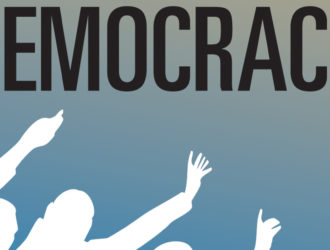
New generation politics is getting trendy in Ukraine. The chances of Ukraine to become successful and to ensure irreversibility of democratic development of the country are assessed through the lens of the capabilities and political will of the new Ukrainian leadership. At the same time, there is ground for concerns caused by lack of cohesion […]
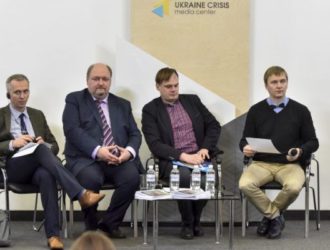
T his report outlines major trends that over the course of the next decade will shape the future of Eastern Partnership (EaP) region, to be understood as six individual countries and as a policy framework of the European Union. The authors of the report have focused particularly on those trends that are common for all […]
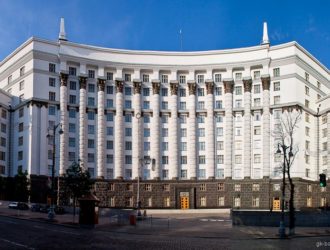
The overall impression is that the Government’s Program allocates an unclear and sporadic role to foreign policy



